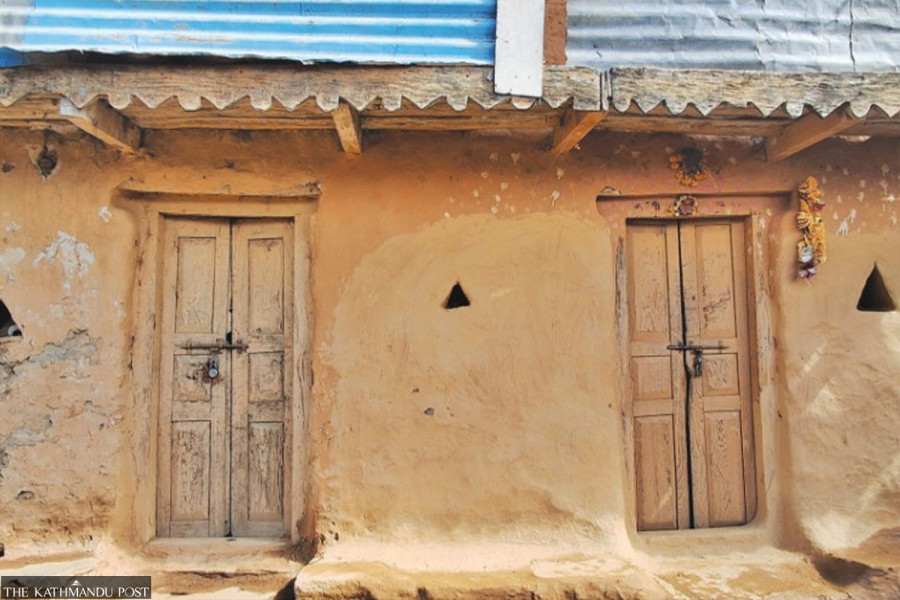Editorial
Emptying out
As politicians squabble for power and perks, people continue to move out of rural Nepal for lack of basic amenities.
News media and social platforms are abuzz with reports of leaders from political parties—big and small, old and new—endlessly bargaining for their ‘share’ in federal and provincial governments. After the dramatic changes in coalition partners in Kathmandu on March 4, inter- as well as intra-party wranglings have become more intense. As leaders squabble in Kathmandu and provincial capitals, ground reports from far-flung villages are alarming. They show people struggling to get even basic things like drinking water.
A news report from Rekcha village in Chaukune Rural Municipality of Surkhet district in Karnali Province is illustrative. Women from the far-flung village struggle to find water to quench the thirst of their families as wells and natural sources dry up. The hardship is so severe that people are forced to migrate in droves from their birthplace. Many have left their ancestral lands after water got scarce. The village, which had 200 families a decade ago, now has only around 80 families.
Another news report from Bajura, a Sudurpaschim district, paints a grim picture of far-flung villages such as Kadagaun and Kurpe that have seen a disturbing trend of youth exodus in search of jobs. As most rural youths have left the country, those who remain are mostly ageing and ailing. It's not that the youths from these villages left their places with ambitious plans. According to a study conducted by the Ministry of Social Development of Sudurpaschim Province two years ago, more than 266,000 people from the province go to India every year. Majority of them earn and save just between 10,000 to 15,000 Indian rupees, according to the study.
The Nepali political parties that are tasked with ensuring that the state meets the constitutional requirement of minimum pay for all its working-age citizens promise much on this count but deliver little. According to the Ministry of Energy, Water Resources, and Irrigation of Karnali Province, about 1,600 water supply projects remain stalled due to lack of budget. While such crucial works have stopped, powerful politicians in Kathmandu and provinces have doled out millions of rupees for unnecessary view towers across the country, which could be a textbook example of how not to allocate a budget.
As the fast increasing trend of hills-to-Tarai and rural-to-urban migration results in great demographic imbalances, posing a big challenge for the state, it has become urgent to find ways to get people to stay in their ancestral lands. This will entail provision of basic facilities such as drinking water, road access, irrigation, health and education. Such arrangements would stop at least those who are forced to seek work in Indian towns for meagre earnings.
As envisioned in our periodic plans, the government must expedite major projects such as the mid-hill highway that runs across the country. The highway, for instance, is expected to help with the development of a dozen hill-towns along its length. As more people from scattered settlements gather in these places, they can enjoy the benefits of being connected to good roads, transmission lines and avail themselves of other basic facilities. Not only would initiatives like this cut down on migration but also increase the use of agricultural lands—in addition to protecting our fragile hills and mountains.




 13.12°C Kathmandu
13.12°C Kathmandu














